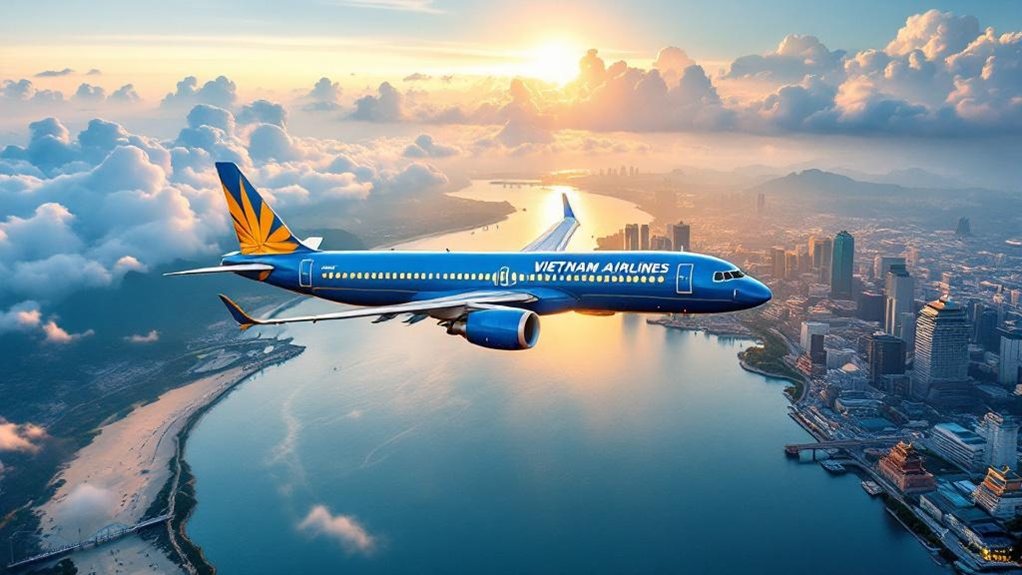In July 2025, the Singapore Tourism Board (STB) partnered with OpenAI, marking a significant technological advancement in Asia’s tourism sector. By adopting OpenAI’s AI solutions, Singapore aims to transform visitor experiences through personalized travel recommendations and multilingual support. The initiative aligns with Singapore’s “Tourism 2040” roadmap, emphasizing responsible AI use and enhanced marketing strategies. As Singapore fortifies its status as an innovative travel destination, further insights into this transformative journey await.
In a groundbreaking move, the Singapore Tourism Board (STB) has entered into a Memorandum of Understanding with OpenAI, marking the first instance of a national tourism organization in Asia adopting OpenAI’s advanced technology. Signed in July 2025, this partnership aims to explore and implement cutting-edge AI solutions specifically tailored for the tourism industry. The collaboration underscores Singapore’s dedication to responsible and rapid AI adoption, reinforcing its status as an innovative and forward-thinking travel destination.
The integration of OpenAI’s technology introduces capabilities such as advanced natural language understanding and generation. This allows the AI to analyze vast amounts of data, thereby offering personalized, context-aware travel recommendations. Additionally, the AI supports multilingual communication, catering to Singapore’s diverse global visitors and ensuring seamless interactions for non-English-speaking tourists. AI technologies capable of understanding natural language are essential in enabling multilingual assistance to cater to diverse tourist demographics, enhancing the visitor experience.
OpenAI’s advanced AI enables personalized, context-aware travel recommendations and seamless multilingual communication for diverse visitors.
Immersive storytelling, powered by AI, aims to enrich cultural and historical engagement, creating memorable and engaging tourist experiences. Singapore is aligning with global trends in AI integration within the tourism sector, ensuring that its strategies remain relevant and competitive internationally.
From a marketing perspective, AI refines destination marketing strategies by deriving deeper insights from visitor data. It enables targeted campaigns that align with traveler interests and emerging trends. Moreover, AI allows for the dynamic adaptation of marketing content based on real-time visitor feedback, identifying new market opportunities via advanced data analytics. This strengthens Singapore’s competitive edge in the global tourism landscape.
For industry stakeholders, AI deployment enhances the responsiveness of services offered by hotels, attractions, and tour operators. Predictive analytics facilitate better resource allocation, boosting operational efficiency and reducing costs. AI-driven insights support product development and innovation, encouraging collaboration across tourism ecosystem players through shared AI platforms.
Aligned with Singapore’s long-term tourism vision, this partnership fits within the “Tourism 2040” roadmap, which prioritizes innovation and technology. AI adoption aims to future-proof the sector against evolving travel trends and global challenges, demonstrating a commitment to using technology responsibly, with respect for visitor privacy and ethics.
This move positions Singapore as a regional leader in AI-enabled tourism experiences, complementing other smart city initiatives to enhance overall visitor services. As Singapore initiates this venture, it sets a precedent for the integration of AI in tourism, balancing technological advancement with ethical considerations.








